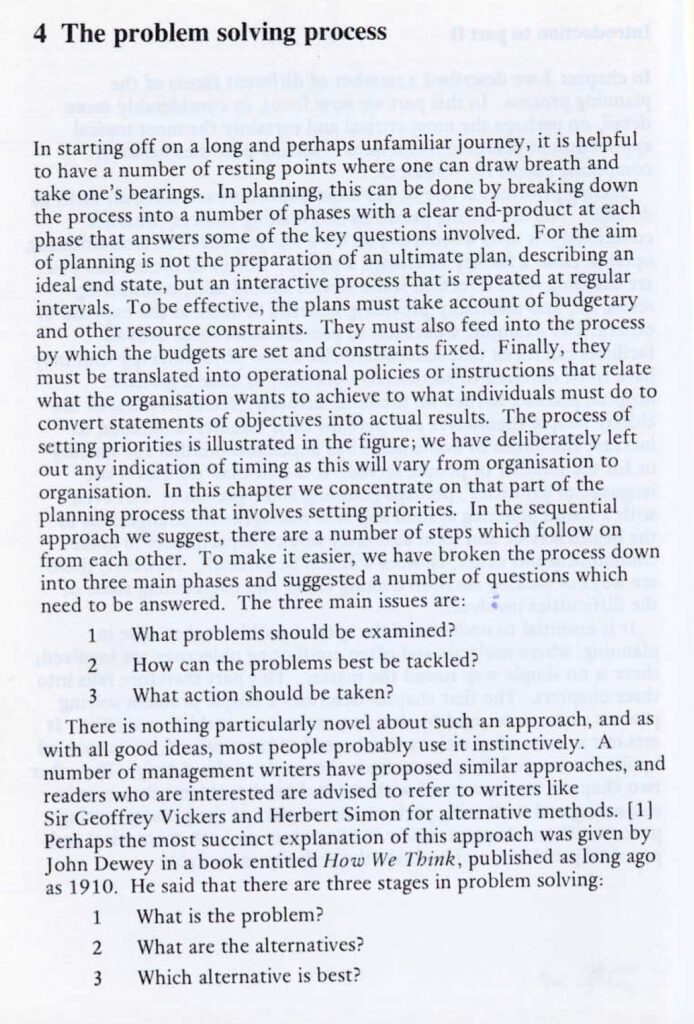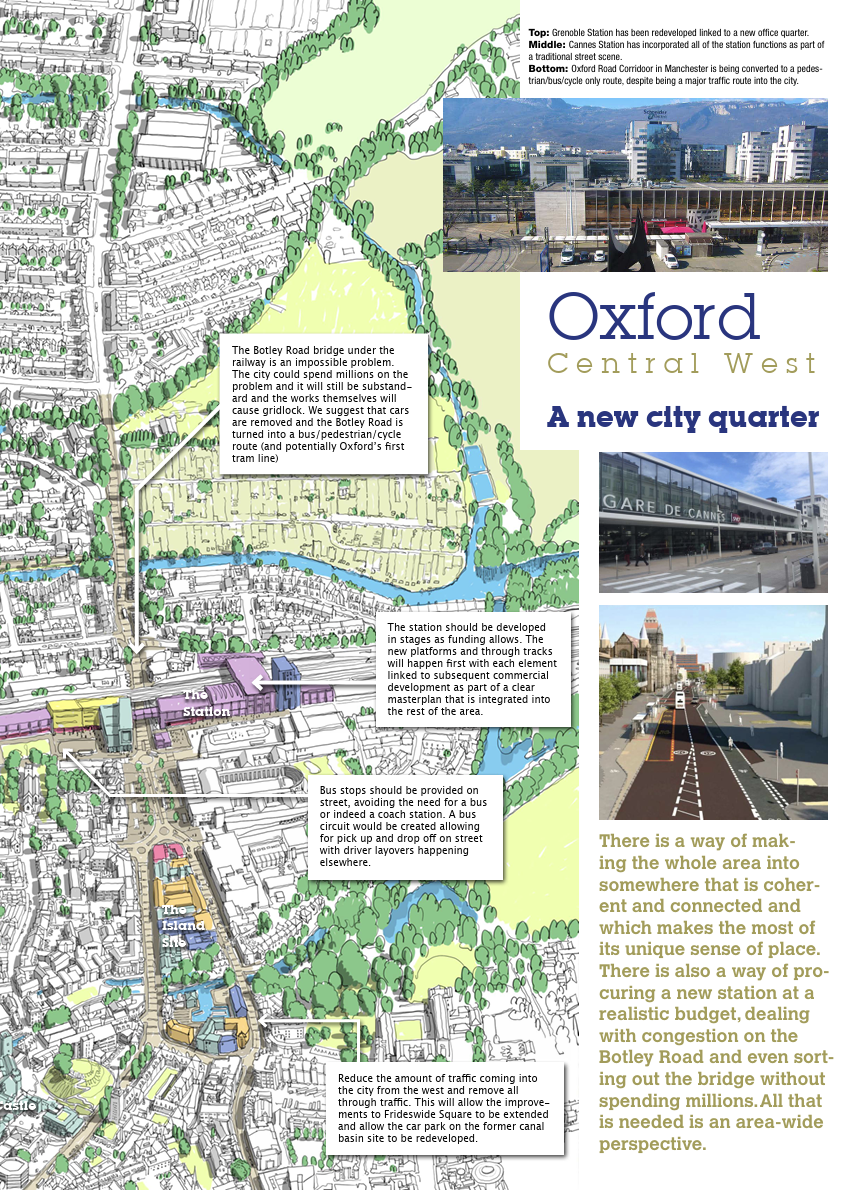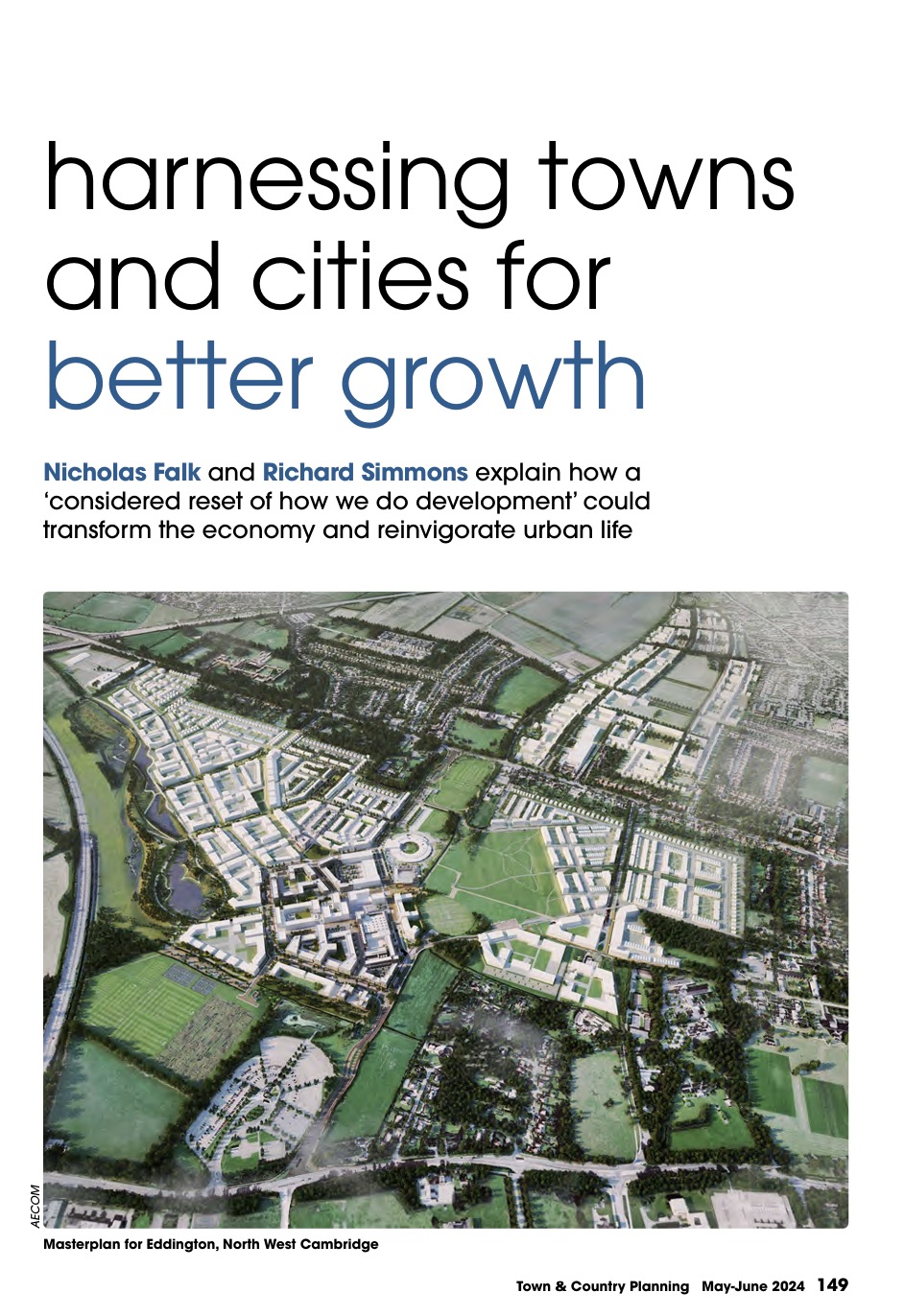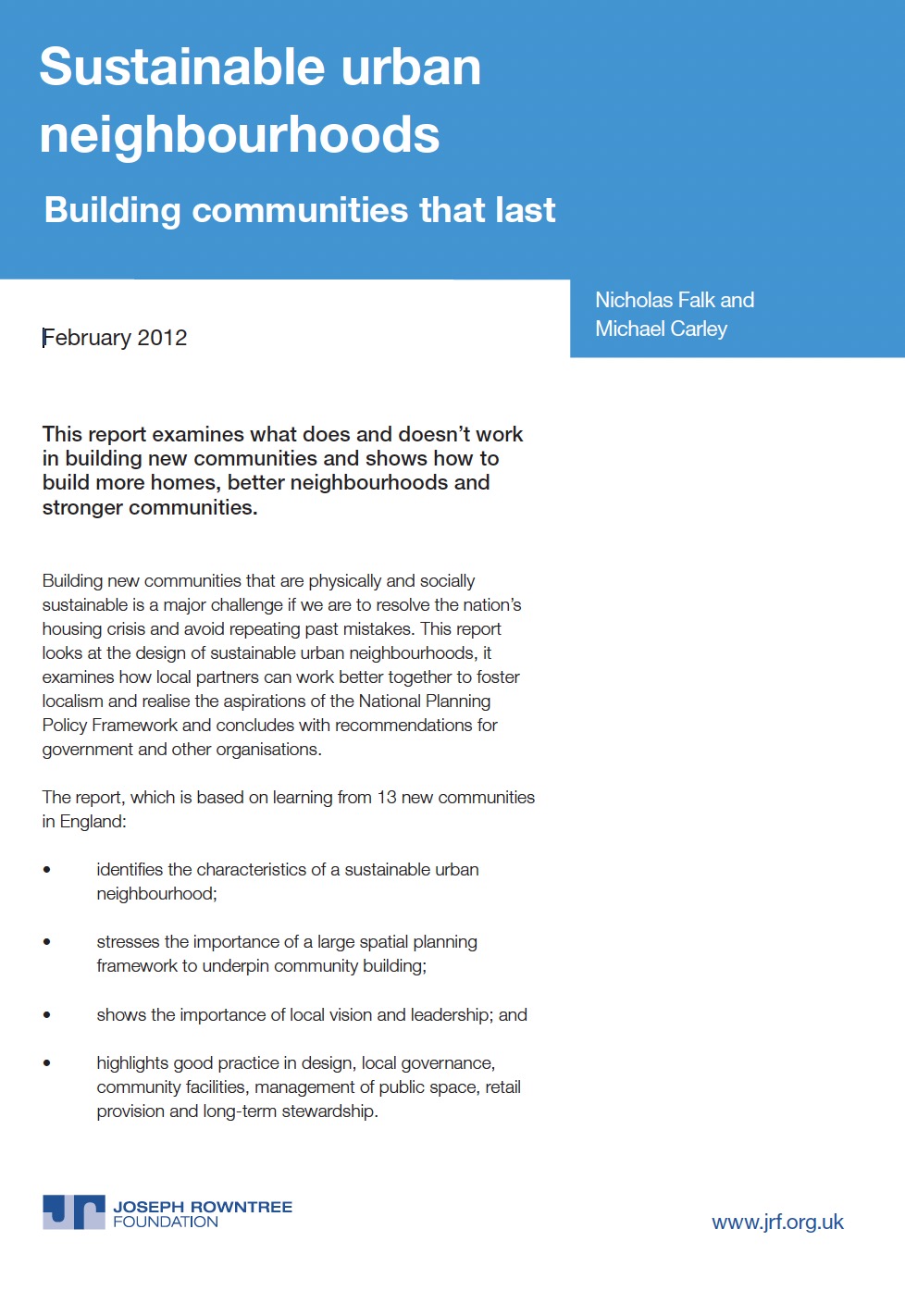Firstly, the importance of stakeholder engagement cannot be overstated. Involving policymakers and community representatives in the planning process ensures that the analysis reflects a diverse array of values and priorities. This dialogue not only enriches the planning outcomes but also fosters a sense of ownership among those affected by the decisions.
Secondly, the evaluation of performance metrics—effectiveness, efficiency, and equitability—should be at the forefront of your analytical toolkit. Understanding how to measure these parameters will enable you to assess whether services meet the needs of the community and to identify areas for improvement.
Moreover, the process of narrowing down problems and opportunities is essential. A systematic approach to identifying and prioritising issues will help you focus your efforts where they are most needed, rather than merely reacting to the most visible crises.
Lastly, the iterative nature of planning is a vital lesson. Plans should be adaptable, allowing for refinements based on ongoing analysis and feedback. This flexibility is crucial in a field where conditions and needs can change rapidly.





